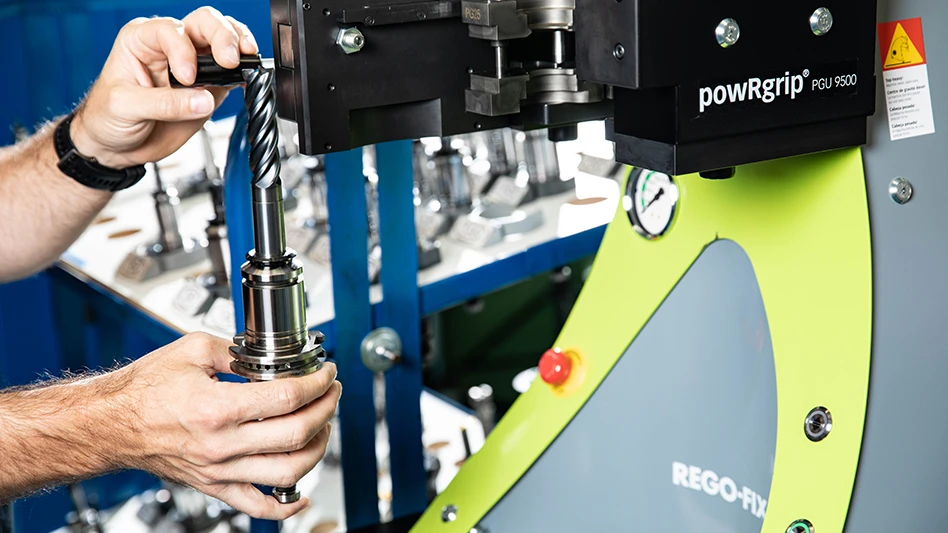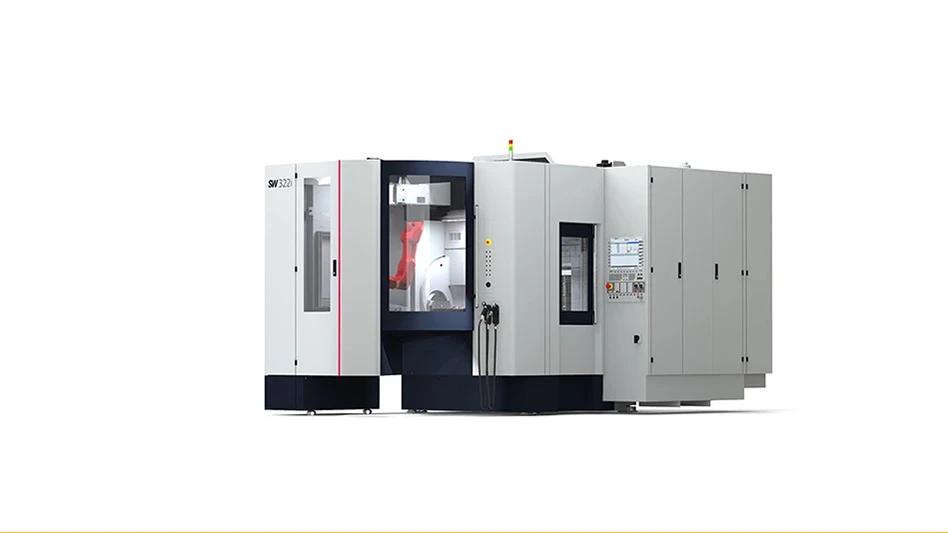
Diagnosing urinary tract infections (UTIs) could be accelerated with an autonomous sensor technology being developed at Purdue University.
“Current testing relies on time-consuming and costly urine culture tests performed at medical facilities and on at-home testing using store-purchased dipsticks that generally have high false-alarm rates,” says Babak Ziaie, professor of electrical and computer engineering in Purdue’s School of Electrical and Computer Engineering. “Collecting urine samples for these methods can be challenging for infants and geriatric patients who suffer from neurodegenerative diseases. There’s also a privacy and dignity issue.”
Developed by Purdue researchers, a bandage-sized, disposable UTI sensor module with a urine-powered battery can be embedded in a diaper. When exposed to urine, the battery provides power to the sensor circuitry. The sensor checks for nitrites, chemical compounds commonly associated with UTIs, and wirelessly sends the result to a smartphone app. The app keeps a data log and sends the results to the patient, caregiver, and/or health-care network if required.
Several patents exist on similar technologies. However, Purdue’s sensor is the only one that works fully autonomously, with conventional methods requiring a certain level of patient or caregiver intervention.
A prototype tested with synthetic urine samples has shown to be more accurate than commercial dipsticks.
“Once you detect a UTI in its early stage, it’s very easy to cure,” says Byunghoo Jung, associate professor of electrical and computer engineering in the School of Electrical and Computer Engineering. “You just need an antibiotic. Early detection is the key.”
The autonomous feature of the technology alert patients who might not be aware of the symptoms of UTIs or the need to check for them. In such cases, UTIs are difficult to detect in their early stages.
The autonomous system can regularly check UTIs – improving accuracy due to the amount of data collected. It can also track UTI status through time.
Work is now shifting to sizing, packaging, diaper-embedding methods, smartphone app details, and other efforts to prepare the technology for commercialization. A pilot study also is planned.
Researchers are seeking interested companies to license the technology, which is patented through the Purdue Office of Technology Commercialization.
Purdue Office of Technology Commercialization
www.prf.org
Purdue School of Electrical and Computer Engineering
www.engineering.purdue.edu/ECE

Explore the July 2017 Issue
Check out more from this issue and find your next story to read.
Latest from Today's Medical Developments
- Tariffs threaten small business growth, increase costs across industries
- Feed your brain on your lunch break at our upcoming Lunch + Learn!
- Robotics action plan for Europe
- Maximize your First Article Inspection efficiency and accuracy
- UPM Additive rebrands to UPM Advanced
- Master Bond’s LED415DC90Med dual-curable adhesive
- Minalex celebrates 60 years of excellence in miniature aluminum extrusions
- Tormach’s Chip Conveyor Kit for the 1500MX CNC Mill





